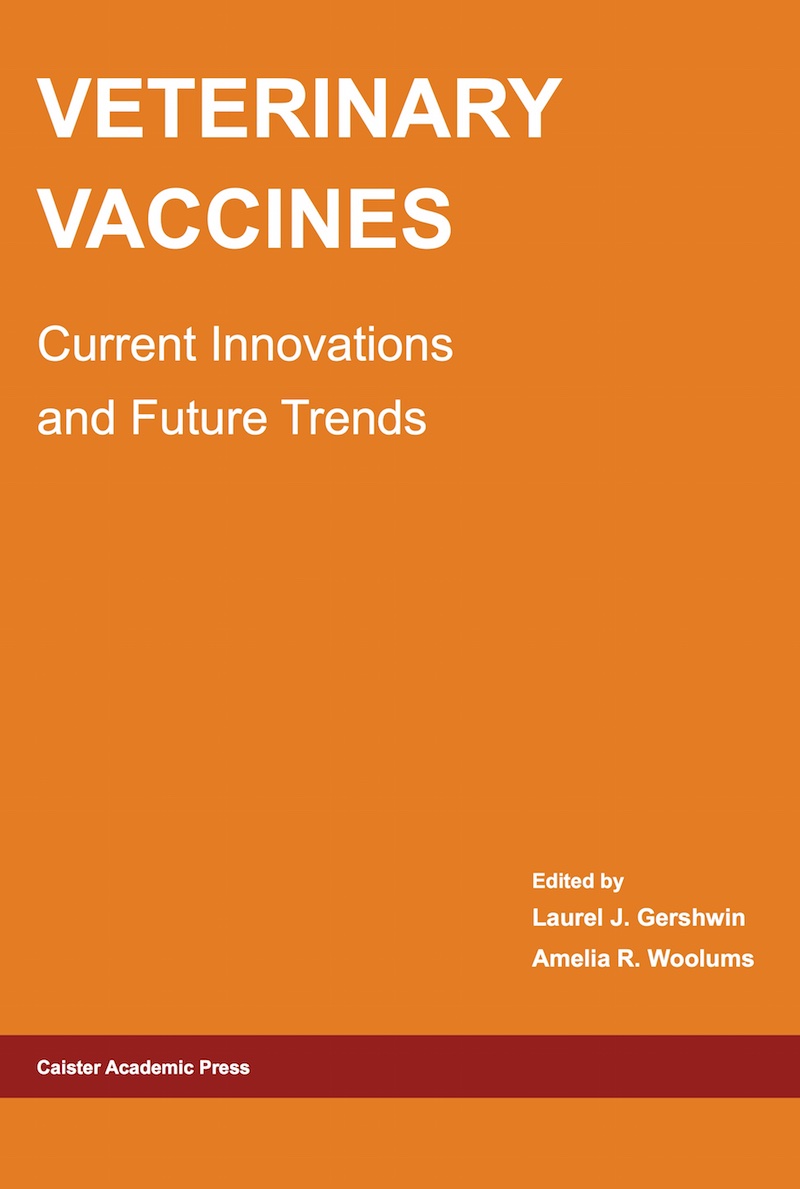CIMB Abstract
Curr. Issues Mol. Biol. (2009) 11: 13-46.Are Molecular Tools Solving the Challenges Posed by Detection of Plant Pathogenic Bacteria and Viruses?
María M. López, Pablo Llop, Antonio Olmos, Ester Marco-Noales, Mariano Cambra and Edson BertoliniPlant pathogenic bacteria, phytoplasmas, viruses and viroids are difficult to control, and preventive measures are essential to minimize the losses they cause each year in different crops. In this context, rapid and accurate methods for detection and diagnosis of these plant pathogens are required to apply treatments, undertake agronomic measures or proceed with eradication practices, particularly for quarantine pathogens. In recent years, there has been an exponential increase in the number of protocols based on nucleic-acid tools being those based on PCR or RT-PCR now routinely applied worldwide. Nucleic acid extraction is still necessary in many cases and in practice inhibition problems are decreasing the theoretical sensitivity of molecular detection. For these reasons, integrated protocols that include the use of molecular techniques as screening methods, followed by confirmation by other techniques supported by different biological principles are advisable. Overall, molecular techniques based on different types of PCR amplification and very especially on real-time PCR are leading to high throughput, faster and more accurate detection methods for the most severe plant pathogens, with important benefits for agriculture. Other technologies, such as isothermal amplification, microarrays, etc. have great potential, but their practical development in plant pathology is still underway. Despite these advances, there are some unsolved problems concerning the detection of many plant pathogens due to their low titre in the plants, their uneven distribution, the existence of latent infections and the lack of validated sampling protocols. Research based on genomic advances and innovative detection methods as well as better knowledge of the pathogens' lifecycle, will facilitate their early and accurate detection, thus improving the sanitary status of cultivated plants in the near future.
Access full article: free download



